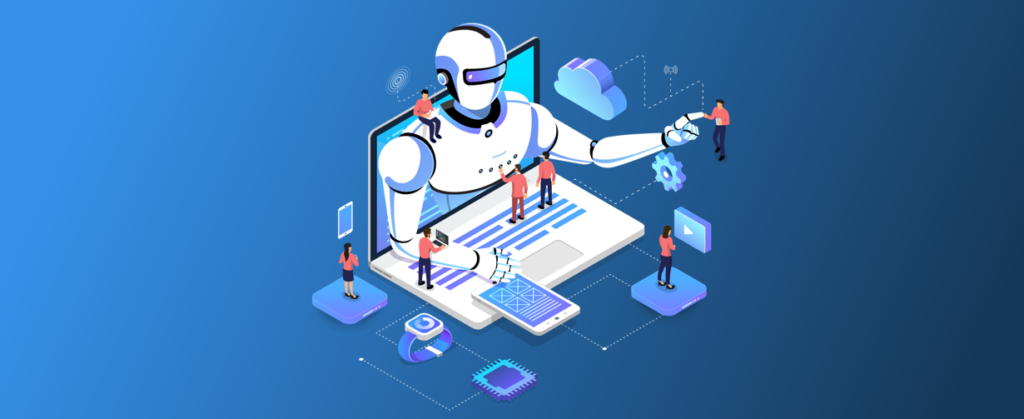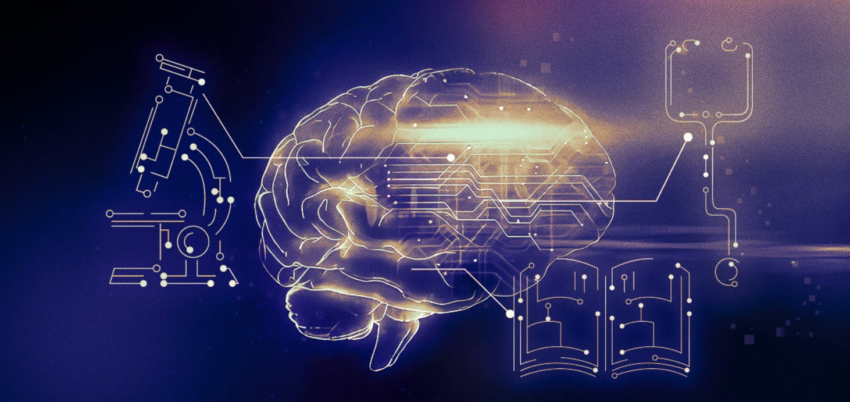Utilization of AI has skyrocketed due to its capacity to automate routine duties. Here are five abilities for which you can use AI instead of acquiring them.
The use of artificial intelligence (AI) has skyrocketed since the introduction of OpenAI’s ChatGPT over the past few months.
However, while it may be rational to begin preparing for a world governed by AI, results are often exaggerated and AI’s capabilities are overstated.
People fear an ambiguous future in which they risk losing their employment, stability, and societal value due to the increasing automation of their skills. Nevertheless, AI will always require human cooperation and intervention to function correctly.
We don’t want to rely too heavily on AIs in the future, because what if the next virus isn’t the coronavirus, but rather an enormous computer virus that destroys or disables all of our computers? The futurist and international best-selling author Bernard Marr told Euronews Next.

Thanks to AI, you can avoid acquiring certain skills.
In spite of the fact that AI is not expected to fully replicate human abilities, it is becoming adept at conducting repetitive, simple, or mechanized tasks.
This can save time and provide space for individuals to investigate the utilization of unique human abilities, such as creativity and imagination.
“People are frequently frightened when they consider all the capabilities that AI currently possesses. What does this imply for my employment as a writer? For instance, does this mean that in the future, ChatGPT will write all of our articles? The answer is negative. But it will increase our employment opportunities,” Marr added.
Here are five skills that you no longer need to acquire due to recent advancements in artificial intelligence.
- Writing
Using AI’s natural language generation technology, straightforward reports, news articles, and other content can be created.
As AI language capabilities advance, it will complement human writing tasks by summarizing information, making recommendations, and generating ideas.
Workers are already utilizing chatbots like ChatGPT to write job-related content, such as job descriptions for human resources departments.
According to Reuters, some individuals earn additional income by using AI to compose and sell various types of books and content on Amazon.
- Art Design
Tools propelled by artificial intelligence can reduce manual design work by assisting with duties such as image generation, layout design, and color scheme optimization.
Although some argue that using AI to create art is not artistic, there are pioneers who are developing their style and craft using AI.
A photographer on Instagram who acquired tens of thousands of followers with stunning portraits confessed that they were created by the artificial intelligence (AI) software Midjourney and edited in Photoshop.
- Data submission
In five to ten years, data input and processing are likely to be automated. Imane Adel, executive vice president of strategy at Paymob, told Forbes that machine-learning algorithms can input data more quickly and accurately than humans.
Thanks to machine learning algorithms such as Optical character recognition (OCR) technology, artificial intelligence can now recognize and convert printed or handwritten text into digital data, thereby reducing manual errors and saving valuable time.
- Data analysis
AI is capable of rapidly analyzing immense quantities of data, identifying patterns and insights that humans may misinterpret or overlook entirely, which may lead to improved decision-making.
“Today, we have an AI that can merely examine our data, analyze it, identify patterns, and perform some analysis on its own. Consequently, with all of this, it can perform fundamental financial accounting duties, as Marr explained to Euronews Next.
Video modification
AI-powered editing tools can assist non-editors by selecting and assembling the best images, adding transitions, and modifying audio levels automatically.
In addition, it can assist with image retouching, video stabilization, and color correction. The ability of AI tools to generate prototypes makes it simpler for users to envision the final product.
The future of employment in the era of artificial intelligence
Due to its ability to easily automate repetitive tasks, AI may be the solution to years of people being subjected to a system that forces them to stifle their creativity in order to concentrate on completing mundane, repetitive tasks.
“Hopefully in the long run, it [AI] can be a good thing because, if you look at a lot of jobs, we waste so much of our amazing human potential doing things that don’t add a lot of value,” Marr said.
“This can only make the world a better place if we can delegate these tasks to machines and devote our time to activities that truly enhance our value as human beings in terms of creativity, critical thinking, etc.”
According to Marr, the relationship between AI and humans should be similar to that between pilots and automated aircraft.
While an airplane’s autopilot mode allows it to fly autonomously, a pilot is always required in case of an emergency.
Human pilots can provide innovative and inventive solutions that are propelled by problem-solving thinking, something that many robots are far from achieving, and this applies to all areas of life that are susceptible to automation.
In the age of AI, therefore, the only talents that will matter are those that make us human. From creativity to critical thinking, it is anticipated that soft skills will emerge as the most valuable and in-demand abilities on the market.

